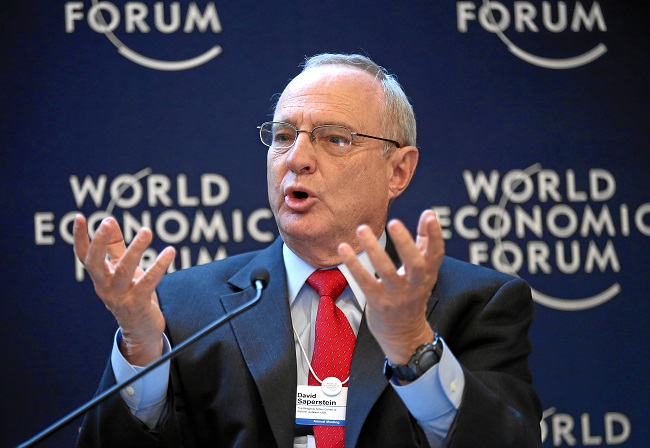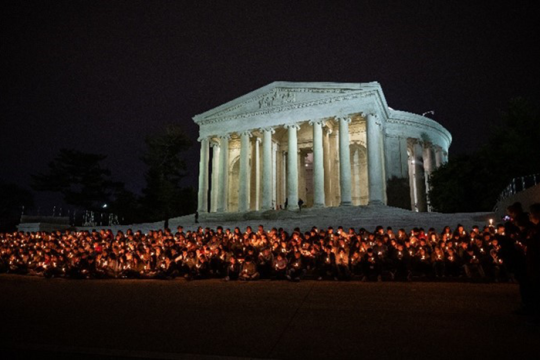
On his recent visit to the People’s Republic of China, former Director of the Religious Action Center of Reform Judaism and current Ambassador at Large for International Religious Freedom, Rabbi David Saperstein met with government officials, religious leaders and civil society representatives to discuss current issues related to religious freedom and expression, such as: cross removal and the destruction of churches in the Zhejiang province; the harassment of unregistered religious groups; and restrictions on the religious practice of Tibetan Buddhists and Uighur Muslims.
Both in anticipation of and following their meetings with Ambassador Saperstein, Chinese authorities detained and harassed many religious leaders, including Christian lawyer Zhang Kai who was arrested the day before his meeting with Ambassador Saperstein. Now the United States is calling for the release of Zhang Kai and other religious leaders who have been accused of threatening public order and national security. These events precede President Xi Jingping’s visit to Washington, D.C. this month, where human rights will be a major topic of discussion.
Our Jewish tradition teaches that “God said to Moses: Is there anyone whom I do not respect? Whether it be Israelite or Gentile, man or woman, slave or handmaid, whoever does a good deed, shall find the reward at its side” (Midrash Yalku Lekh Leka 76). As the quintessential victims of religious persecution, we know the fundamental importance of broad religious freedom rights and protections for people of all faiths and backgrounds. As such, it is our responsibility to prevent it today and in the future.
Learn more about our work on international religious freedom here.
Rachel Landman is a 2015-2016 Eisendrath Legislative Assistant.
Related Posts

Why is this Right Different?: City of Grants Pass, Oregon v. Johnson and the Passover Call to Action

Highlights from the 2023-2024 L'Taken Season


